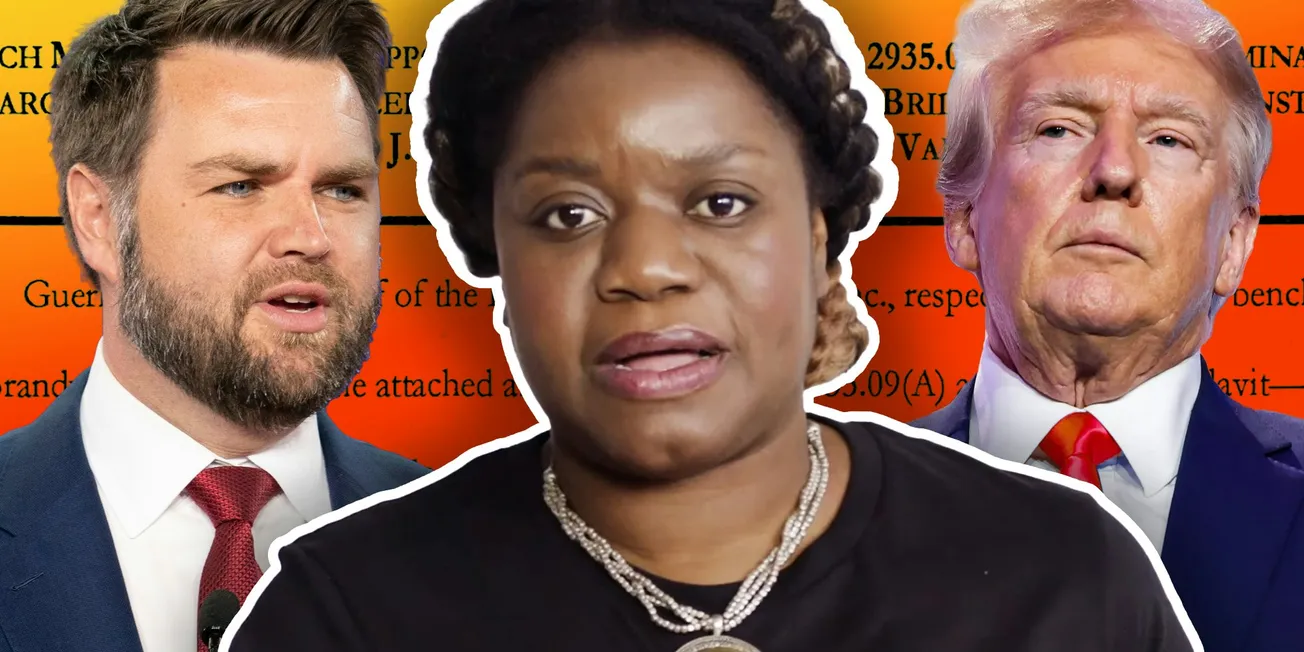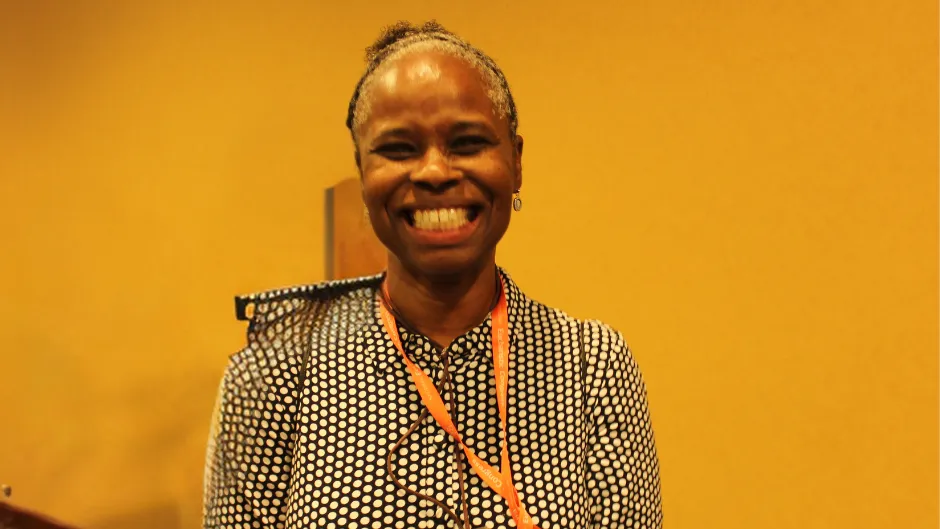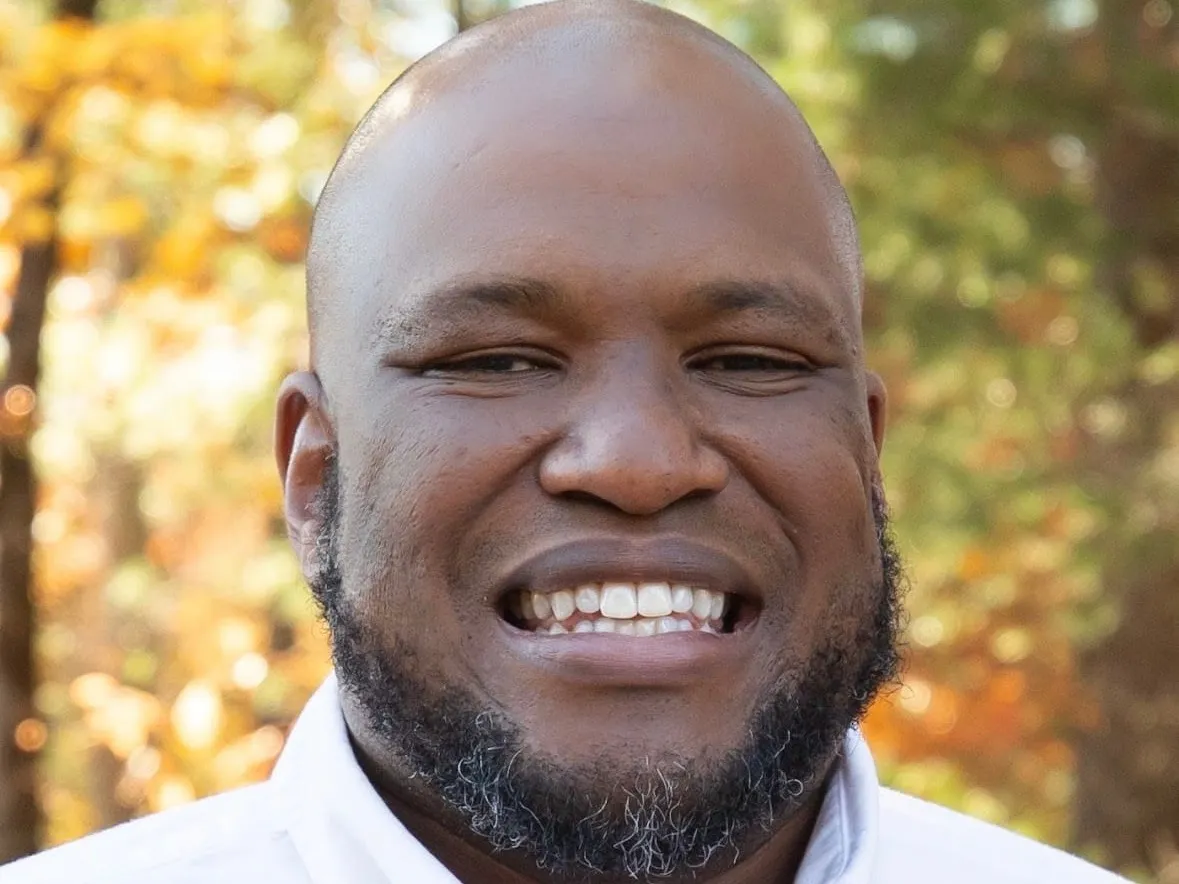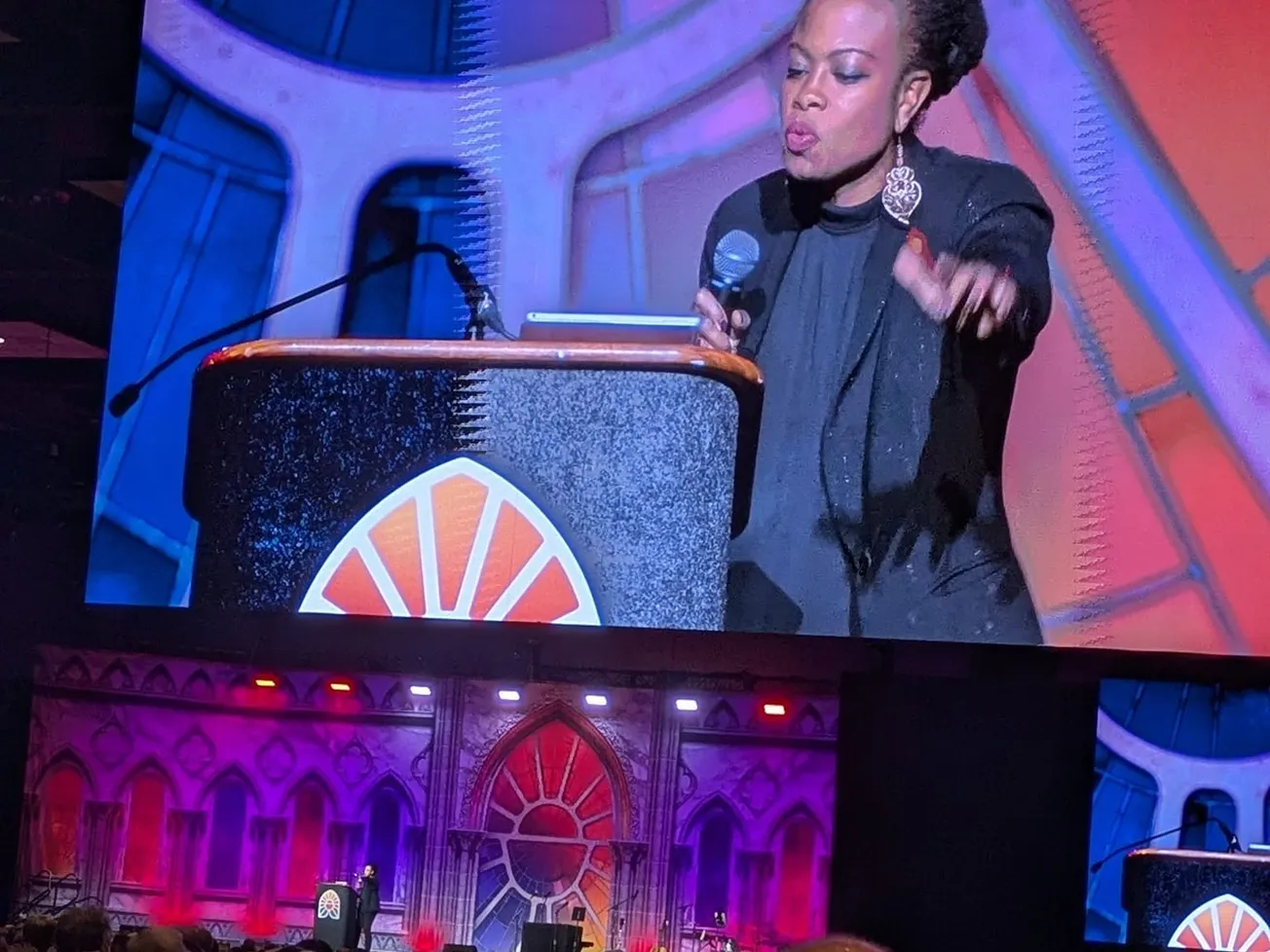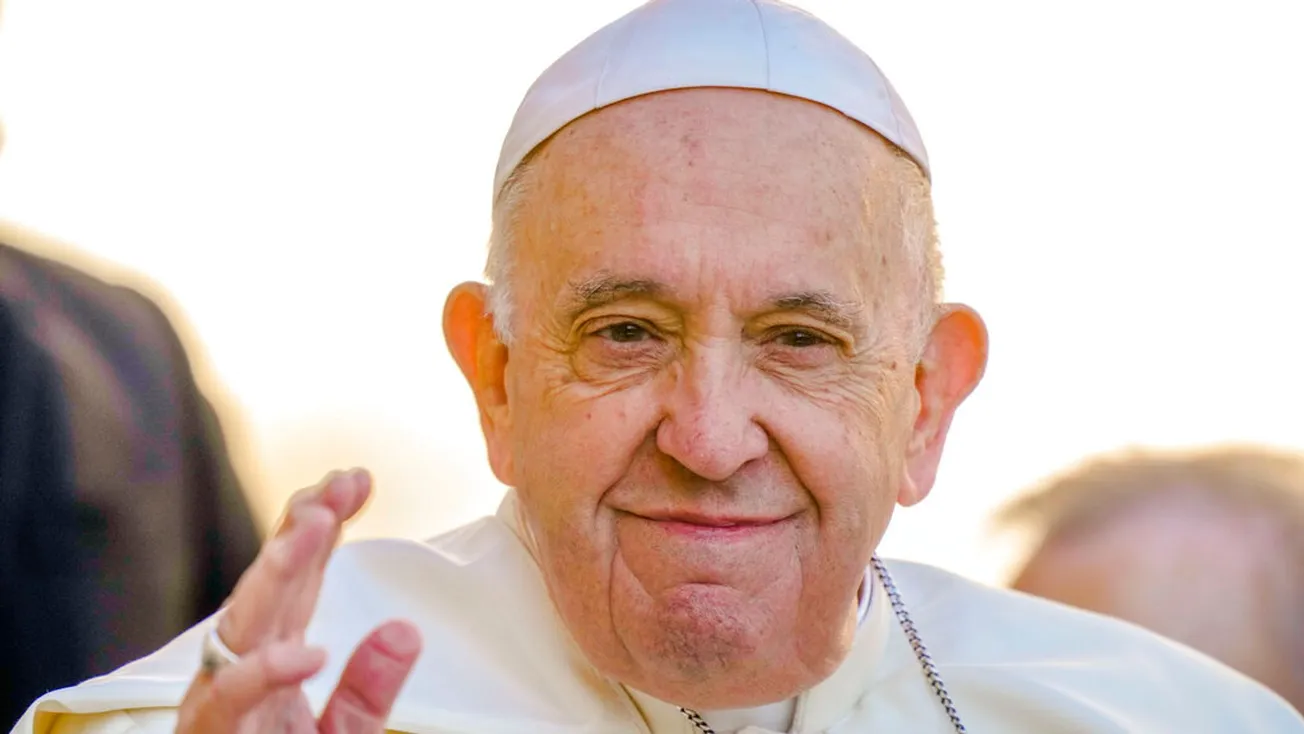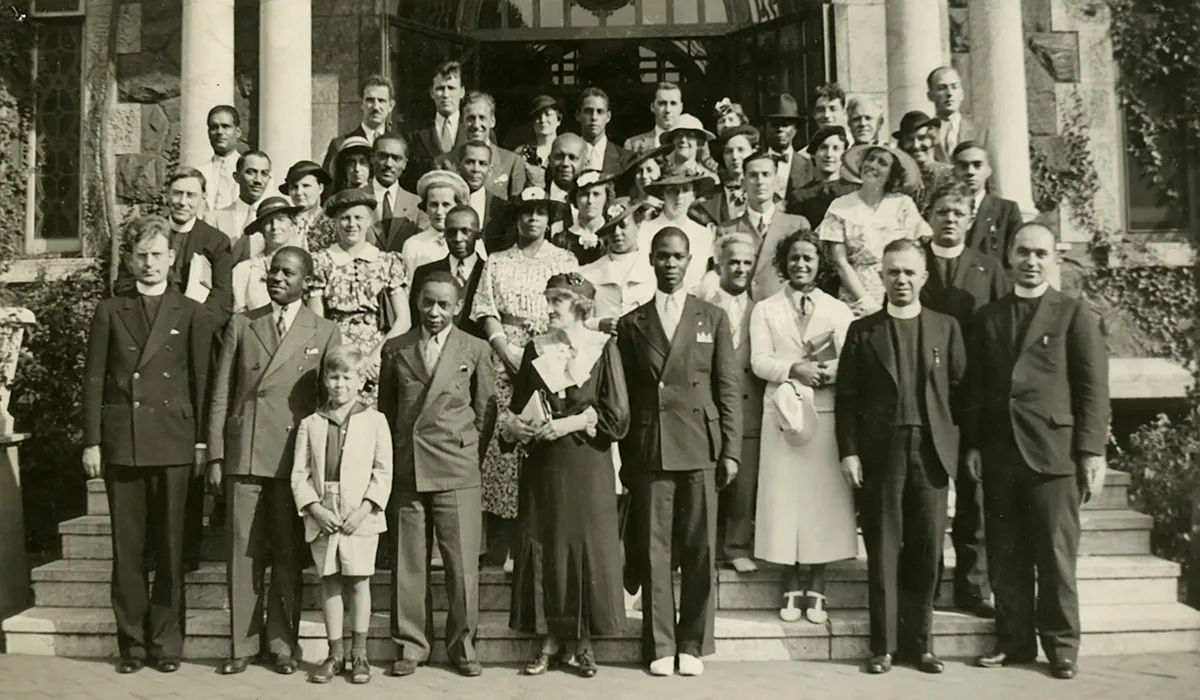Editor's note: This interview has been edited for length and clarity.
Alessandra Harris: Hi, Keith. Thank you for taking the time to talk with me today. The Justice for Keith Lamar website states that you've been held in indefinite solitary confinement. Is that still the case? And can you tell us about what life is like for you on a daily basis?
Keith Lamar: Yeah, that's still the case. I think I'm going into my 28th year now—since 1993, so a very long time. My daily routine basically revolves around studying, writing, reading. I have a literacy project where I engage with college students and young people in juvenile facilities. I spend a lot of time with that - reading books with young people in addition to fighting for my life. I have an execution date scheduled for the 16th of November 2023.
I spend a lot of my time just engaged in that fight, and also just trying to do something productive with my time as not to just sit around twiddling my thumbs. Under these circumstances, it can be pretty damaging. It can be devastating, if you stop moving. When you’re confined in a small space, you have to figure out a way to expand yourself, expand your mind, and stay in shape and exercise. So I do all those things, which I've been doing, like I said, close to three decades now. And so far, so good.
AH: Is there a reason why they have you in solitary confinement?
KL: The reason for my placement is because I was found guilty of charges stemming from a prison riot that was one of the most violent riots, or uprisings, in Ohio's history. They have the so-called “ringleaders” here at supermax prisons. That, I'm sure, would be their take on things while I'm still here, that I still represent a threat—at least that's what they say at my security review every year.
But I think I'm here because we've been held up as examples of what will happen to anybody who thinks about going against the rules. Anybody who intends to stand up for themselves. So we are here as examples, like ‘This is what we will do to you. We’ll put you in solitary confinement, bury you, and throw away the key.’
So, I think that’s the legitimate (or unofficial) reason why I'm still here. It’s not because I've caused any violence in the past 20 years or so of solitary confinement. It’s not because I was smuggling drugs or in gangs or anything that you guys outside of my personal situation are placed in solitary confinement for. I haven't had any of those things on my record, nor have the other guys who were found guilty and put here after the riot.
So that's the reason why we are here, but they won't say that on record.
AH: While in solitary confinement, how much interaction do you actually have with other people?
KL: Outside of my visits with my friends and family, which is full contact, I don't have very much interaction at all with those who are around me. I was just talking with a guy earlier today, and there might be a guy in the pod right over from you, here for 10 years, and you've never seen him. So I come out on the range, and I can talk to them at the cell front. But I'm only allowed to come out with the guys who are on death row, who are similarly situated. So not much interaction, basically, a ‘Hi’ or ‘Bye’.
AH: You were condemned to death by an all-White jury, and all the prospective Black jurors were disqualified. Can you take us back to the trial and let us know what that experience was like for you?
KL: Yeah, it was surreal. I was 23 or 24 years old at the time, and I hadn't really been through the judicial processes—at least not all the way through. I was originally sentenced to 15 years to life for murder, stemming from a case that I was involved in back in 1988. Guys came in and tried to rob me, we engaged in a shoot-out, and one of the guys who I shot lost his life. I was also shot. I pled guilty, of course, because I was guilty, even though there were some extenuating circumstances in that particular incident.
[For the case related to the riot], they offered me a deal. They tried to persuade me not to go to trial, when I demanded this. No one seemed to be familiar with that concept, that somebody would actually demand a trial to prove their innocence. And so it was strange from the very beginning.
The people who were prosecuting me tried to do everything in their power to keep me from going to trial. So when I did go to trial, they automatically filed for a motion for my case to be moved to another county, a nearby town called Ironton, Ohio in Lawrence County, with a population that was 96% White. And so when they put together the jury pool, which was made up of about 100 or so people, there were only two Black people in the whole pool. The prosecutor immediately struck them from the pool. So that pretty much stacked the deck right there.
I didn't know that at the time. I didn’t really appreciate the significance of them removing Black people from the pool at the time. I was just learning as I was going along, as they impaneled this all-White jury, suppressed evidence, and charged me with murder. They said I was the leader of this group that they dubbed the “death squad”. They put together a team of informants, guys that they moved to an isolated prison where they went over a script, basically.
Anything that contradicted what these selected individuals said, they suppressed. For instance, with anybody who might have seen someone else do the crime for which I was being charged, they didn't let that person's statement see the light of day. So I went through a trial, but I wasn't able to put on an effective defense because they suppressed any exculpatory evidence—anything that was favorable to the defense, they suppressed. So the jury only heard what the state's prosecuting witnesses said. It was pretty much a foregone conclusion that I would be found guilty.
I only say that in hindsight. I knew that I was innocent and hadn’t killed anyone. So I expected all the way up to the very end that I would be exonerated—declared innocent—but that didn't happen. I didn't receive a fair trial.
After I was found guilty, they had a sentencing phase to determine whether or not I would be sentenced to death, and that was also stacked in a similar way. I found out later, when on death row, that this is typically how the system works when you’re Black and you’re poor. I didn’t know that because I had never gone through the judicial process.
Typically, if you're poor, you never go to trial. 90% of the people who are behind bars are here as a result of a plea bargain. Maybe more than that. So you plead, whether or not you're guilty. That doesn't have anything to do with it. It all boils down to whether or not you have the money to put forth a defense.
If you are indigent, of course, here in America, you are afforded an attorney. But it's not an equal fight, you know. The prosecution in my situation would be paid twice as much, or even three times as much, as the defense attorneys—who put in a precarious situation because they came from private practices themselves—are accruing all these debts waiting to be paid. They were only being paid once a month, for the time inside the courtroom.
So it was a real lopsided thing. Everything was geared towards reaching a plea. That's how the system is set up. It's not like what you see on television, “Law and Order”, where you’re accused of this crime, you panel a jury, they hear the evidence, and you have a fair ruling. That's not generally how it goes. It’s a real fine-tuned, machine, basically, that's designed to deliver decisions [in the interest of] the state.
AH: Did you have a public defender? Who was representing you?
KL: I was appointed counsel, but they didn't work for the public defender's office. They had their own private practice, Two attorneys out of Athens, Ohio. And that was part of the problem, in hindsight. They were trying to keep their own personal practices afloat in the month they were representing me. So the court kind of hamstrung them by forcing them to bill in the minutes and whatnot, in order to be paid.
So, my own attorneys were trying, at least initially, to get me to plead guilty. And when I didn't do that, it seemed like they were hard-pressed to move things along because the longer the trial lasted, the more they would be up against financially. So the whole thing was kind of stacked against me from the beginning.
AH: So you felt like you didn't have adequate representation and that the information that would be exculpatory was not allowed in court?
KL: With regard to that, it was the judge who colluded with the state.
Typically, in the trial, you are allowed to face your accusers with any contradictory statements that they might have made. But in this case, when we filed a motion of discovery, to see what all the witnesses and people who testified against me said, the judge didn't force the state to turn over those papers. Instead, he created an unheard-of ruling that all they had to do was create a list. No attorney that I've spoken to has ever heard of anything like this happening in response to a motion for discovery, which is a typical, normal request from the defense. Particularly in a death penalty case.
But the judge allowed the prosecutor, in lieu of turning over exculpatory evidence, to just put in a list of names in one column and a list of excerpts in the right-hand column of what was said by these 15 or so people. And he left it to us to figure out who said what and when they said it. It was just a charade, basically.
I wouldn't put that point on my attorneys. But of course, there's some things that they should have done and could have done but didn't do. I think perhaps the reason why they didn't do it was because they would have prolonged the proceedings. And as I said, because of the financial restraints, they opted not to do that, and it contributed to me being where I am now, on death row. So, both things were basically working against me because I was born poor and Black.
AH: You mentioned that you were first sentenced to 15 years to life for murder in 1988. And I'm just wondering, if you don't mind me asking, how old you are now? How long have you been behind bars?
KL: I’m 52 years old now. I've been in prison going on 33 years. The case that I initially came to prison for, I was 18 when it happened. I was 19 by the time I was sentenced.
In my prior life, I was a drug dealer, in drug-infested neighborhoods in Cleveland, Ohio. A group of guys kicked my door down one day intent on robbing me. And as I mentioned earlier, we engaged in a shootout. I was shot twice. The guy I eventually murdered was shot twice, and it was a terrible situation. Both he and I lost our lives on that day.
You know, in the crack trade, those were the types of things that were happening back in 1980, and even what is happening right now. Poor people killing each other over crumbs. I dropped out of school in 10th grade and became a successful drug dealer in this highly violent environment.
Looking back, it should have been obvious I was going down this path of either being murdered or going to prison. But I couldn't see that when I was 14, 15, 16 years old, which is when I started fending for myself.


Alessandra Harris is author of two novels and is a wife, mother of four, and co-founder of BCM. She earned degrees in Comparative Religious studies and Middle East Studies and currently studies in the Diocese of San Jose's Institute for Leadership in Ministry. She has also contributed to publications such as America Magazine, Grotto Network, and US Catholic. Her third novel is due in 2022.
Want to support our work? You have options.
a.) give on Donorbox!
b.) create a fundraiser on Facebook






